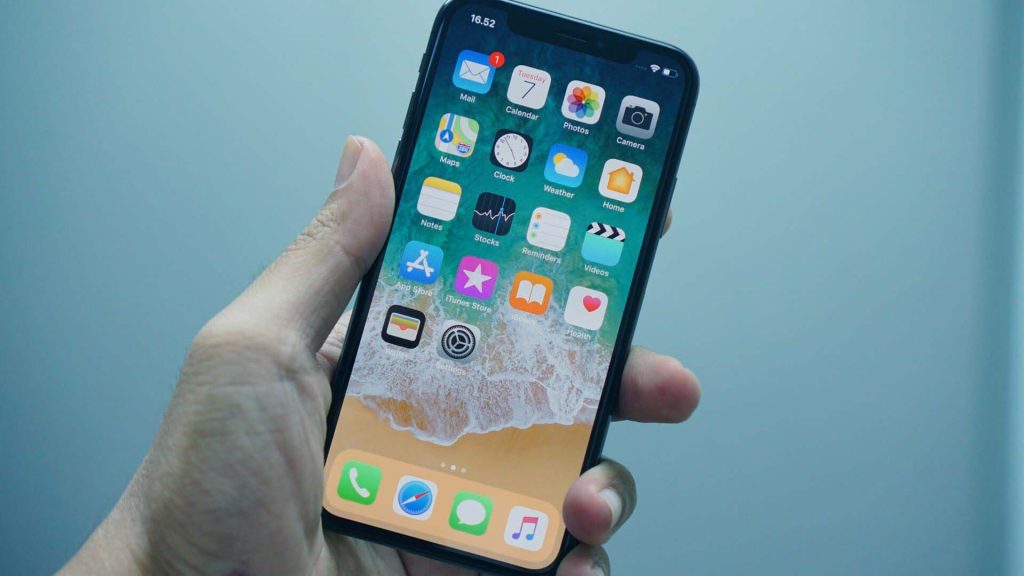In 2011, Solen established a brand strategy for their Biscolata brand that was highly controversial for some segments of Turkish society but loved by the primary consumers of the brands – a progressive segment of consumers called Young White Turks who are modern and well educated. Solen CEO Elif Coban, a long-time proponent of women’s empowerment, approved the bold Biscolata 2009 brand strategy that demonstrated that Turkish women, like women everywhere, have desires and want to be desired themselves. But ever since the founding of the company in 1989, the business philosophy of the Coban family has adopted the principle of not just providing quality chocolate products, but also providing added societal value as well.
The Biscolata Men campaign turned the traditional stereotype of women serving men upside down with a series of provocative ads that had sexy men serving women deliciously prepared chocolate Biscolata products.
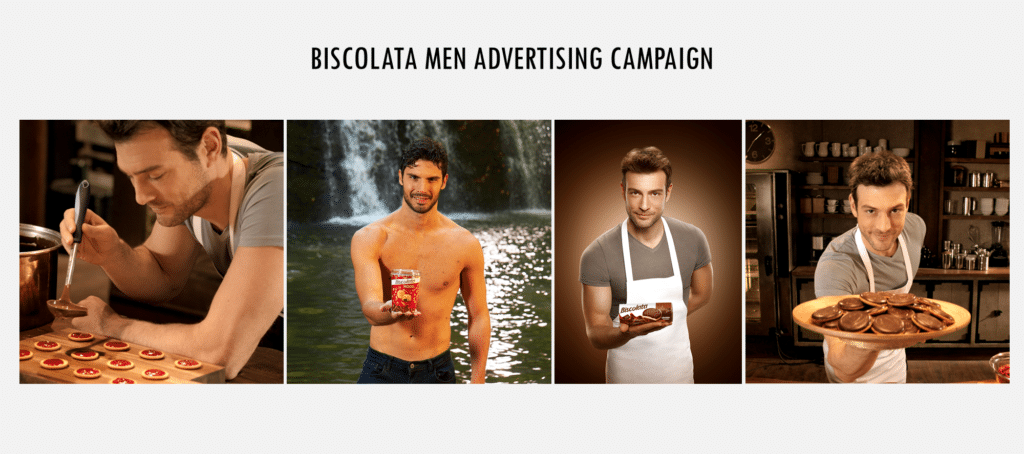
The ad campaign was very successful and was extended in various mediums to markets in South America and even the United States. From a functional perspective, Biscolata is a product combining crispy biscuit with smooth chocolate. This taste profile is also very appealing to women in the Middle East and North Africa (MENA) markets, such as Saudi Arabia, and more recently Iraq, among many others in the region who are not nearly as progressive about the role of women as Turkey is. But the emotional connection of an indulgent product to desire and be desired that the Biscolata Men campaign conveyed would be problematic in more traditional markets.
Creating a separate brand – Amada
Due to the widespread use of social media, it was virtually impossible to isolate Biscolata and its provocative brand message from Saudi and similar MENA markets, but the Solen team knew the product’s biscuit and chocolate combination was appealing. The solution was to create a separate brand they named Amada to leverage the same functional product benefits but connect on an emotional level in a more culturally relevant manner.
Erdogan Coban, General Manager of Solen International, is committed to the importance of connecting functional benefits with emotional benefits to create engaging brands. He challenged his Marketing Director Hayat Kapukaya and her brand team of Bilal Ozerol and Pinar Korel to rebrand Biscolata as Amada in MENA markets, but still take a stand on women’s empowerment. Women’s empowerment is also very important in these markets but occurs at a different pace and within a different cultural environment than in Turkey.

Young, vibrant women are the highest consumers of indulgent chocolate brands worldwide so appealing to this lifestyle segment in MENA both functionally with the product benefits of Amada and emotionally with a meaningful brand message that reflected their values and aspirations was key.
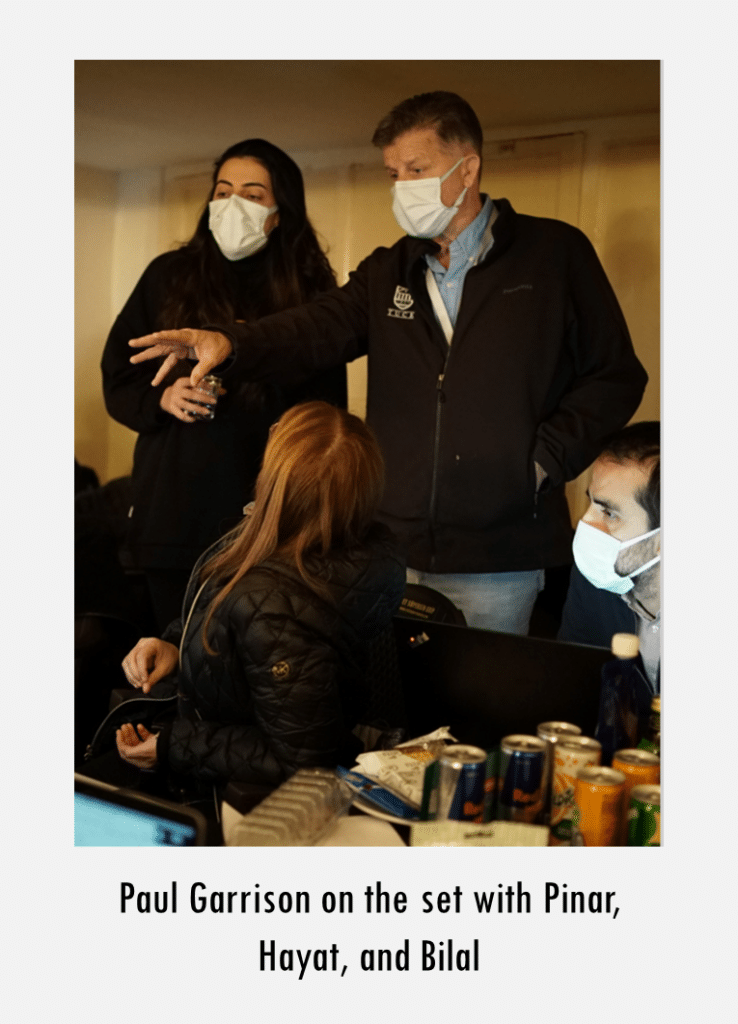
Brand imagery
Much of what will drive a meaningful brand experience will evolve from various image elements that can be linked to your brand. There are four types of imagery available that help you understand and then link a global brand, such as Biscolata, with a local market brand extension, such as Amada.
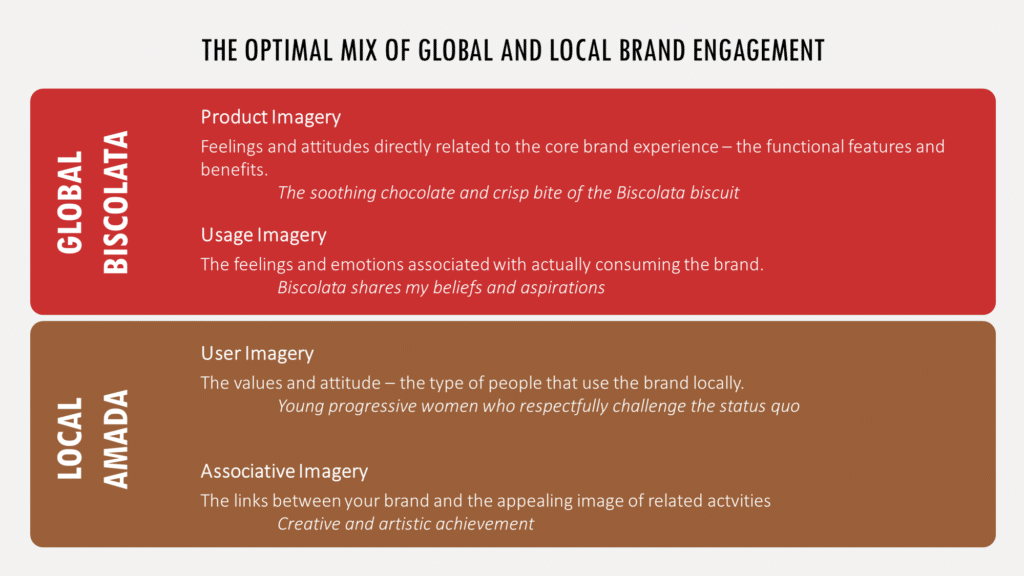
Armed with this localization strategy conceived by Hayat and her team, Istanbul advertising agency Happy People developed an advertising concept in collaboration with Syrian director Adham Obeid that incorporated the women’s empowerment that Biscolata utilized so effectively with young progressive women in Turkey but contextualized it for the same type of consumers in MENA countries. Only recently have women been able to drive in Saudi Arabia, which is still very much a male-dominated society. A young woman wanting to pursue her own path for success on her own terms is a meaningful emotional lifestyle driver we wanted to associate with Amada, but the societal barriers were substantially more difficult than in Turkey. In the Amada commercial filmed in the famous Ses Tiyatrosu theater in Istanbul, we see five women auditioning for positions in an orchestra.
Amada Advertising

The conductor doing the auditioning underestimates their potential and abruptly dismisses them after they have barely had a chance to play a few notes of the music.
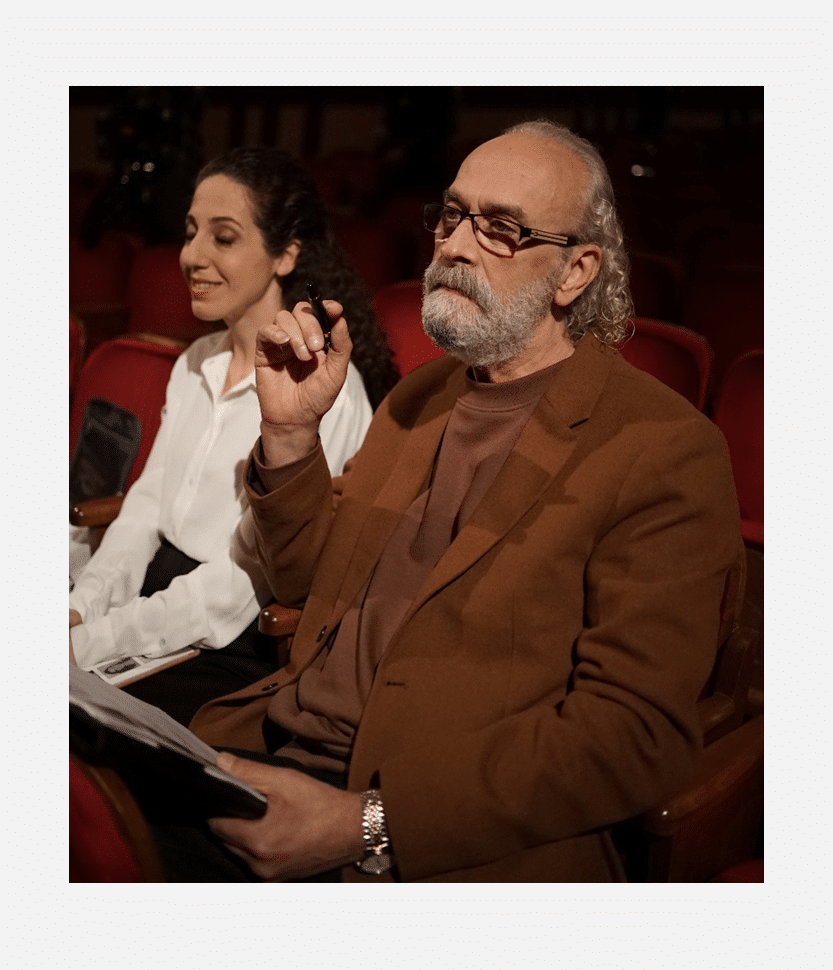
The conductor’s assistant is disappointed by his attitude. She is used to it in the cultural environment she grew up in and accepts it for herself, but hopes a change is coming for the younger generation. Not so the five heroines of the commercial. Like many of their generation in MENA they are eager for a change in the status quo. But rather than rebelling or trying to challenge the conductor, which would be considered very disrespectful even in today’s evolving environment, the five young women get together backstage. While consoling each other and enjoying the soothing chocolate of Amada they start to play the music they were never given the chance to fully perform for the authoritative and dismissive conductor.
One of them, who happens to play the traditional Oud instrument, is inspired and with a decisive snap of biting the Amada chocolate-covered biscuit, decides to turn on the sound system so that the departing conductor hears their innovative approach to the classical Mozart composition. He’s surprised and reassesses his earlier decision. In the end, the women pass the audition and perform their rendition that combines the new (attitude) with the traditional (Oud) for an appreciative audience.
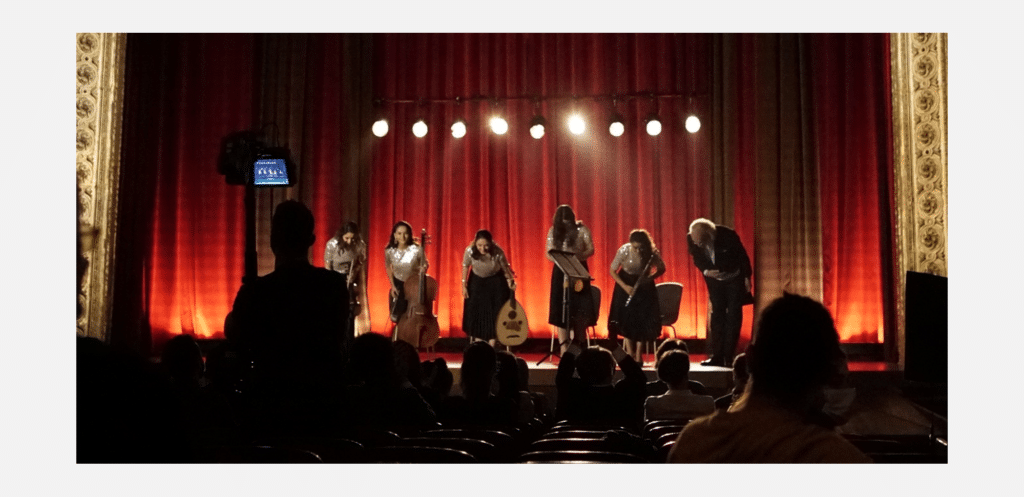
Think global, act local
We have heard the phrase Think local, act global so often, but do we really know what it means? What exactly should be global and what should be local? Leveraging the appropriate brand imagery elements is a pretty good mechanism to align your local marketing with the global brand/product to increase relevance to local customers. Two of the four imagery factors (product and usage imagery) are connected to the functionality of the brand/product and should not be altered locally. The two remaining imagery factors (user and associative imagery) are ideal to connect your local brand/product users and the activities they enjoy – all connected to relevant usage occasions and life experiences for your brand.
Understanding which benefit levers to pull
Finding the right experience levers to pull so that you build local user imagery is difficult. It is also difficult to create strong local relevance with a multinational brand across very different cultural environments and not lose the consistency needed to ensure the brand retains some of the key characteristics that attract consumers from country to country. Global and local are not mutually exclusive; they can and should work together. You just need to understand which benefit levers to pull to maintain the international experience and which levers to pull to create stronger local relevance, even if it requires something as significant as the one-product/two-brand strategy necessary for Biscolata and Amada.
Traveling consumers may eventually figure out the links between the similar products and will likely recognize the same manufacturer, Solen. This is why it was so important that the marketing team delivered on a similar women’s empowerment position. If they hadn’t, values that the company and its senior management truly believe in would appear as pretend values rather than values that are embraced. It required some very tricky brand strategies and messaging to make it work across very different cultural environments. The Solen team with their new Amada commercial demonstrated they were up to the challenge and delivered both to their management and to millions of consumers worldwide.



